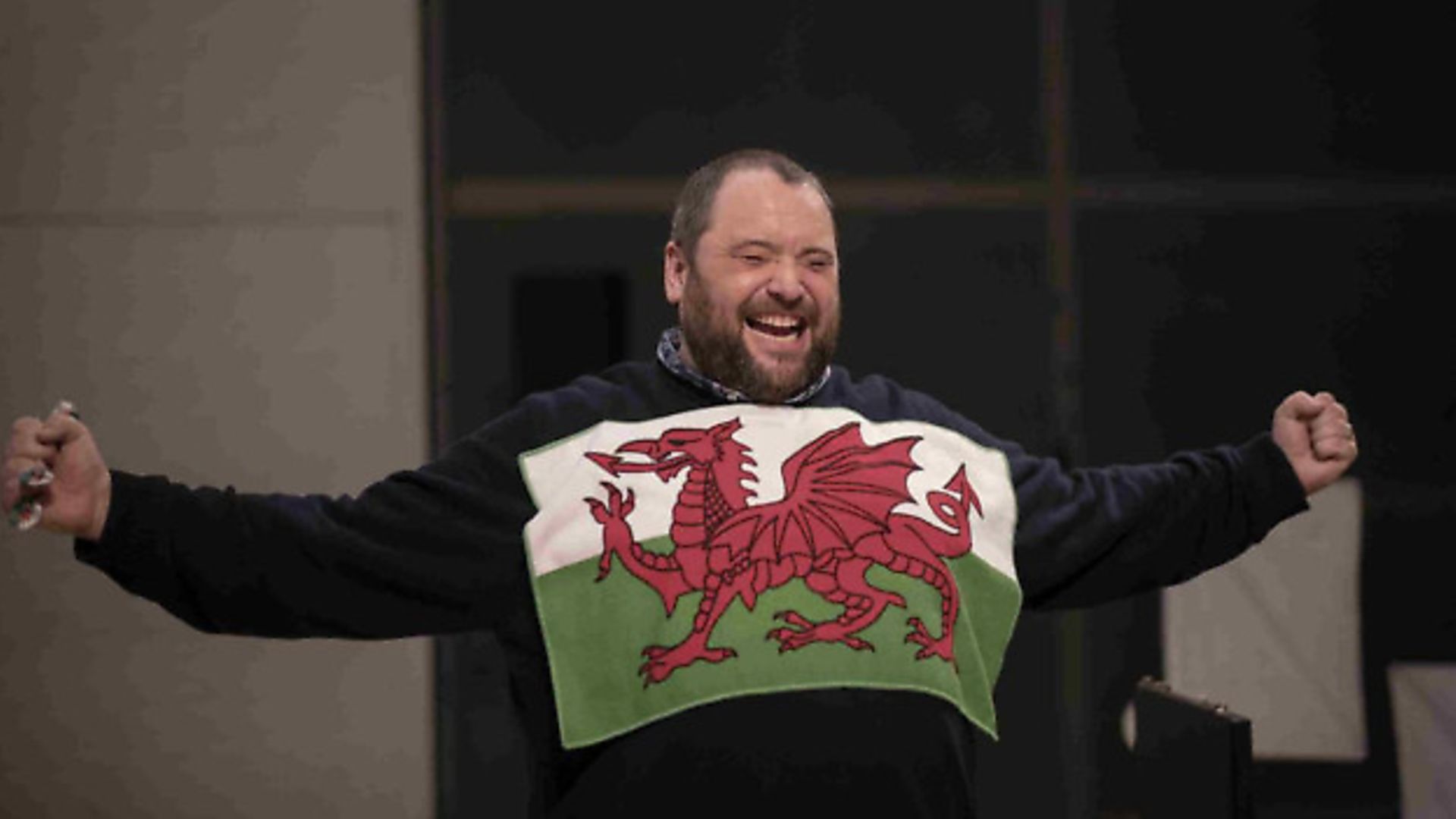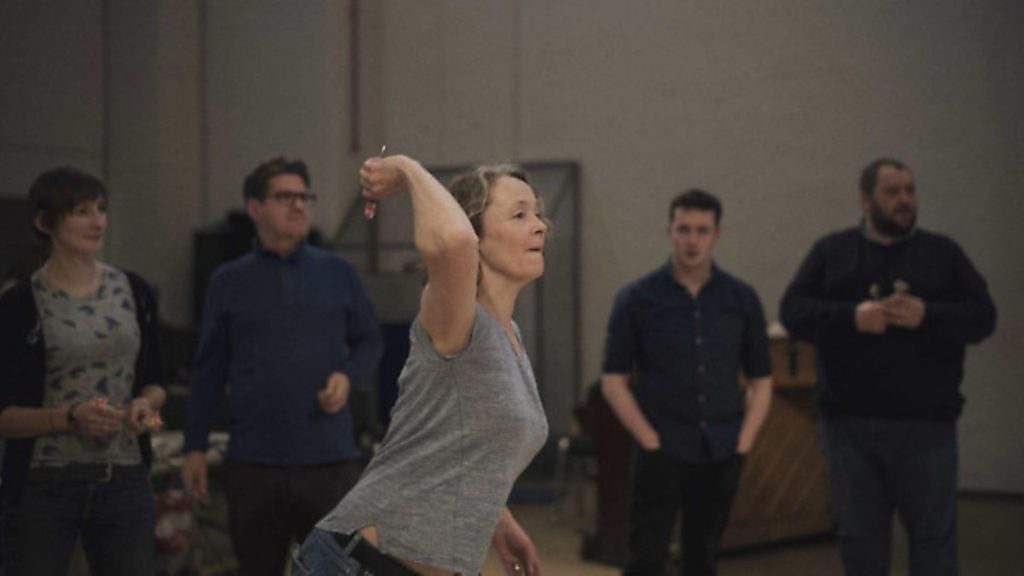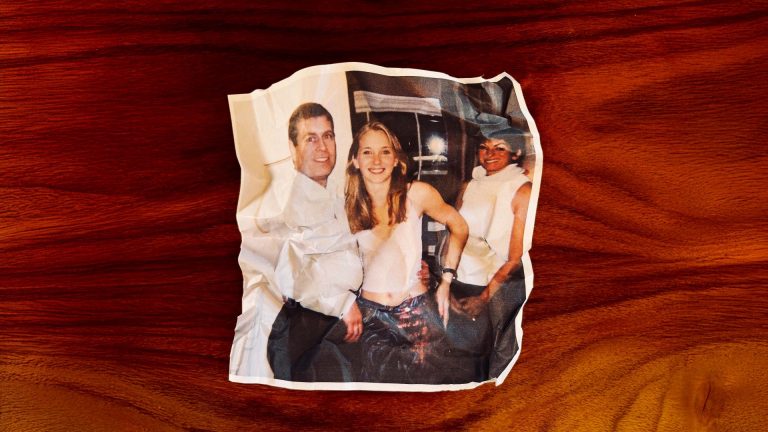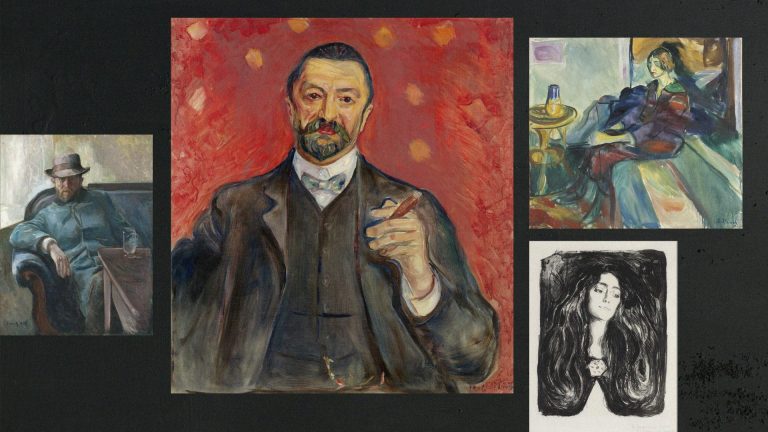
The latest production at the National Theatre is a Brexit-inspired play based on a national conversation sparked by the referendum.

Brexit has produced a great deal of talking, but perhaps not quite so much listening. At least, until now.
The response to last year’s referendum from the National Theatre was to send out a team of ‘gatherers’ to (almost) all corners of the UK to speak to members of the public, between the ages of nine and 97, and record their views, fears and hopes.
The result is a production, My Country; a work in progress, written by poet laureate Carol Ann Duffy and directed by Rufus Norris, which starts at the National Theatre this week.
The play has taken the verbatim testimonials of those who took part in the project and – with speeches from party leaders woven in – crafted them into some semblance of order, to create a meeting, called by Britannia, of the country’s various constituent parts, to see if there can ever be a United Kingdom.
Bringing all of the contributions together into a coherent piece of theatre has been a tall task. When I arrive backstage at the National Theatre, the cast are sitting at school desks in front of Norris and Duffy in the rehearsal room.
The desks in front of them are piled with transcripts detailing the experiences and concerns of those who took part in the exercise. These scraps of paper appear to be divided into a kind of organised chaos. Each pile, I later find out, represents a particular theme that emerged from the conversations: ‘Europe’, ‘hardship’, ‘immigration’, ‘listening’ and ‘leadership’.
‘Trying to put things into a coherent form in a few weeks is kind of impossible’ admits Norris. My Country has followed an unconventional creative process – the actors began without a play to rehearse. But the more they listen to the gathered responses of ordinary Brits, My Country finds its voice as part of a conversation that isn’t going away any time soon.
It was a conversation started by Brexit. Following the vote, teams of gatherers were sent out to three regions of England – the east Midlands, the north east and the south west – Derry/Londonderry in Northern Ireland, Glasgow and Edinburgh, in Scotland and Merthyr Tydfil in Wales. Their aim: to listen.
‘It felt like we had to address the division that was exposed,’ says Norris. ‘At that point we didn’t know we were doing a show, we just knew we had to get out and listen.
‘We asked people to talk about the area where they live, the country that they’d like to live in, leadership, and if they could say anything to one of the leaders what would it be?’
As expected, the route of these discourses took depended on the region. In Northern Ireland the responses went very heavily into the personal, whereas in Glasgow the Scottish referendum was, unsurprisingly, a talking point.
‘I get the feeling that in the East Midlands and Leicester everyone literally jumped down the gatherer’s throat about the referendum, because I don’t have so much of that personal back story,’ says actor Seema Bowri who plays the ensemble of Midlands voices.
‘Despite the fact that we’re so socially connected, when I came to the project and listened to the East Midlands voices, as much as I wasn’t surprised that the issue was immigration, it definitely surprised me that it’s a different world there,’ says Bowri.
‘Living in a world where there are no white faces, where you couldn’t find a white person to talk to if you tried, made me sit up and go ‘woah ok, these are the conversations that are going on in the East Midlands because of that pool of people’. It threw me into the region from sitting in London. When you hear them say what you think they’re saying on paper, it makes that viewpoint so much more rounded – it humanizes it.’
Making all of this information interesting for the audience is the challenge, says Norris. ‘We have 75 people and they’re all talking about a subject about which there isn’t one person in the country who knows fuck all about it. Most people, like me, can say what they think about Brexit, or European funding or immigration control and all of it will be what we’ve read.’ What it’s really about, he says, is the personal – and sometimes that’s something that can’t be quantified on paper.
‘One woman in particular was the most outspoken about immigration from a right-wing, Leave perspective. But she’s also the person that has grown up in Leicester for the last 45 years and has seen the street in which she grew up totally change.
‘If you read it on paper you’d think, ‘Oh I’m not sure I’d get on with her because that’s bordering on racist’. But actually, when you hear her talking she’s really passionate and it’s rooted with as much connection to the land that she’s grown up on as the woman who’s talking about what’s changed in the nature of shepherding in the hill farms of Northumberland. Or the man who was in the IRA saying what he thinks about people who are voting without researching and what the importance of nationhood really means. It’s those things that are powerful.
‘This is a listening project and if there’s anything to be taken from it, it is to listen. And listen does not mean hear. It means actually stop and listen,’ he says. ‘What comes through more than anything is a protest – not against Europe, not against immigration, but against globalisation. It is the move of modern times that strips apart communities again and again.’
There’s a bigger argument about why a well-funded arts institution like this, that calls itself national, should engage in national debate rather than just doing heritage or entertainment. ‘One of the arguments for us putting resource into projects like this, is that we are speaking to power, inevitably,’ says Norris. ‘We don’t need a member of the cabinet to come through the door for that to be true, because in any audience on any night we’ll have within that people who have influence.
‘Of all the people we’ve spoken to, there’s one thing they all agree on – that we were ill led after the vote and that it’s just disgraceful. Almost everywhere you look it’s as though nobody’s got a grip. In hindsight I think people realise that what they were being told was from the excesses of project fear to a lot of ambitious, self-serving rhetoric. I think most people are not stupid or racist.’
But in the end, what difference can a play really make? ‘I would hope that to some degree we can get people to drop that self-righteousness and certainty,’ says Norris. ‘Because the fact is, you don’t know what it’s like to be someone else. You can judge them because you’re better educated or have a wider vision and they can judge you on the basis that you’re spoilt and stuffed full of opportunities. Even understanding that simple fact, that everyone in the country thinks they stand upon the moral high ground is perhaps the first place to get the audience to. Whatever you think about right and left wing, even as a relatively political person, just falls away in the face of the ‘human music’.’
My Country; a work in progress is at the National Theatre 28 February – 22 March before touring around the UK






